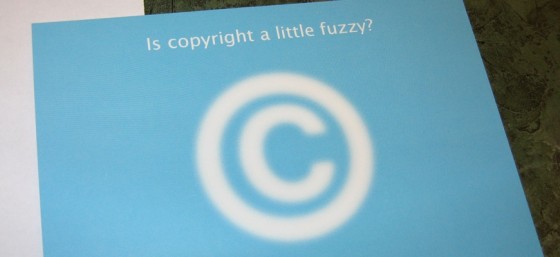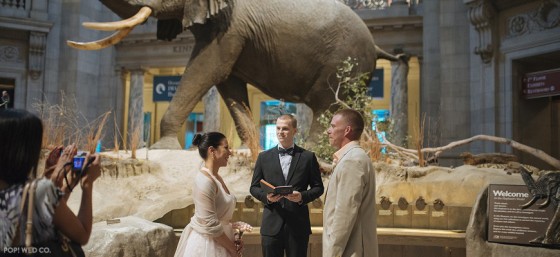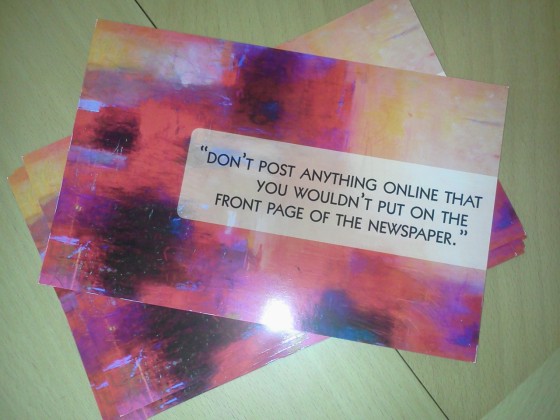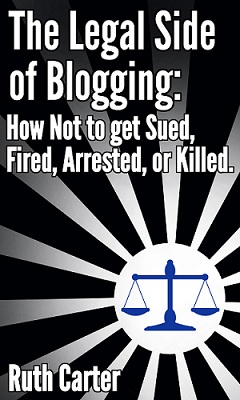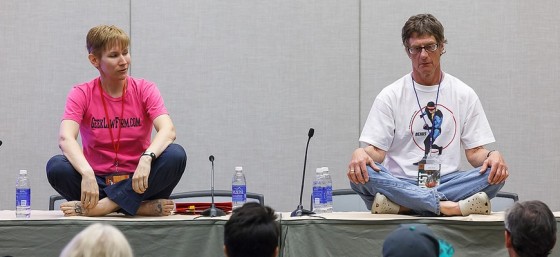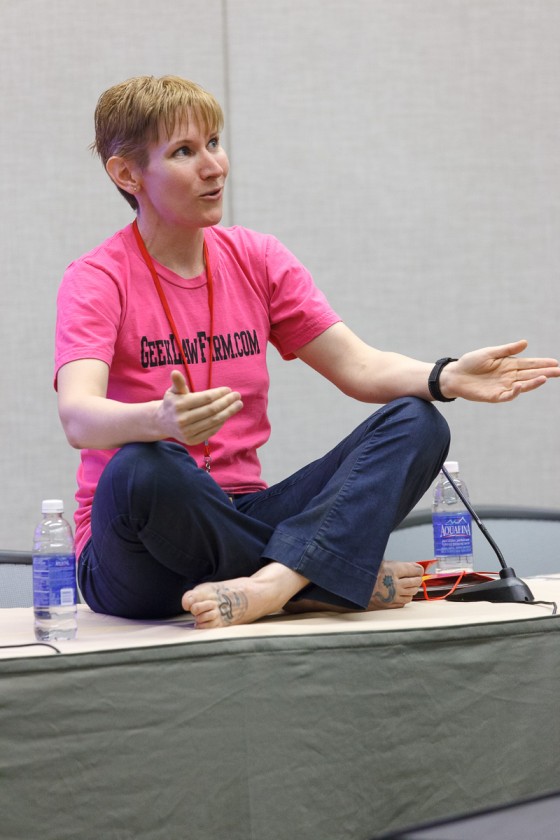
Let me tell you about a pivotal day that happened early in my legal career. I was a second-year law student at Arizona State University. During a study break, I was hanging outside the law library with my classmate Julia who is also one of my best friends. Out of nowhere a thought popped into my head and I blurted out, “I don’t want to be a traditional lawyer.” She responded with a look that screamed, “Duh.”
It was an incredibly scary moment of clarity for me. By that point, I’d had enough experiences in internships and my pre-law school career that I knew a lot about what I didn’t want in a job. I wasn’t sure how I wanted my future to look, so I had no path to follow to make it happen.
About eighteen months later, I had lunch with the family friend who would become my business mentor. I’d taken the bar exam but I was still waiting on my results. I told her some of my ideas about what I was looking for in a legal career and she bluntly asked, “Why don’t you just start your own practice?” The idea of opening a solo law practice excited and frightened me so much that I started sweating profusely. My dress was soaked by the end of that meal. I knew no one would hire me as a first year associate and let me continue to blog, write, speak, or dig into the depths of topics like social media law and flash mob law.
Besides the basic information about how to start a law practice and practical advice from my mentor about accounting and marketing, I felt like I was operating without a map. It seemed like my classmates had clear paths to follow – paved by the lawyers who came before them – while I had an expanse of beautiful terrain to traverse, but not even a dirt path to guide me. My path and my destinations were for me to determine. This provided a tremendous amount of freedom in my life but also an unsettling amount of uncertainty. I’m grateful that I’ve found fellow adventurers – solo attorneys and other entrepreneurial minds – who have helped me along the way and who I continue to rely on for guidance and support.
I will be the first to admit that I don’t always know what I’m doing. I have goals for the year, but I don’t have a ten-year plan. I let my experience, creativity, and passion guide me. And it’s scary to know that I don’t have a steady paycheck coming every month, but it’s the price I pay to have a life with autonomy.
In everything I do, I try to remain teachable, strive for excellence, and learn all I can about the subjects that intrigue me like persuasive writing and how the law applies to new technology and business practices. I think there’s a lot of change on the horizon, and I want to be part of it.
As I reflect on my life as a non-traditional solo attorney thus far, I find myself thinking of the John Shedd quote, “A ship in harbor is safe — but that is not what ships are built for.” I have an amazing opportunity to have the career and the life I’ve always wanted, if I’m willing to take the risk and go after it.
And one of the things I want to do is share more about my behind-the-scenes journey – how I got here, what keeps me going, and the methods I use every day to make my business, and my life, a success. Stay tuned for more about my life as a non-traditional lawyer.
If you’re interested in chatting more, feel free to connect with me on Twitter, Facebook, YouTube, LinkedIn, or you can email me. Please visit my homepage for more information about Carter Law Firm.




